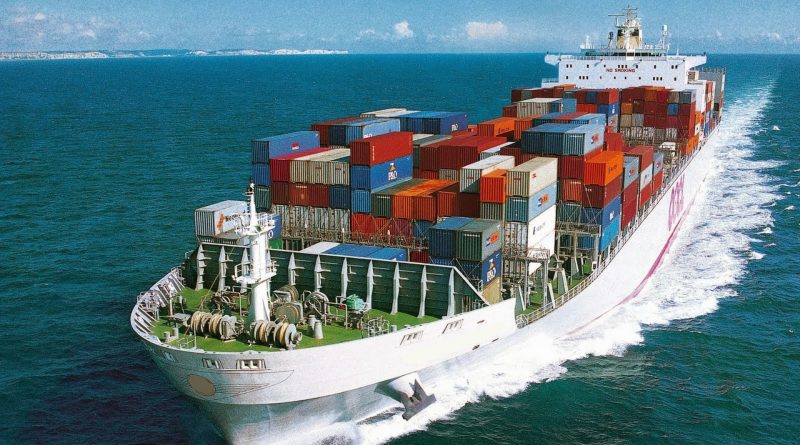The foods that burn the Planet
The foods that burn the Planet
When the free-market advocates speak of a modern conquest, they probably do not know the most basic laws of thermodynamics. The masses in order to travel require large amounts of energy and this is supplied to the detriment of the emission of greenhouse gases. And the greatest emissions occur precisely with long journeys and air transport and with the bad habit of consuming off-season products, often coming from different hemispheres.
Among the most polluting agricultural products we find the cherries of Chile in the first place: a kilo of this fruit covers almost 12 thousand kilometers to reach Italy, with a consumption of 6.9 kg of oil and with the emission of 21.6 kg of CO2. In second place are the blueberries from Argentina, in fact a kilo of this product covering more than 11.178 kilometers consumes 6.4 kg of oil and produces 20.1 kg of CO2. In third place, asparagus from Peru with a route of about 10,852 kilometers, a consumption of 6.3 kg of oil and a production of 19.5 kg of CO2, always for every kilo of product. The Californian walnuts then travel 10.400 kilometers, burning over 6 kg of oil with an emission of 18,90 kg of CO2. Below we have: the roses produced in Ecuador (10,205 kilometers, 5.91 kg of oil and 18.38 kg of CO2 emitted); the blackberries of Mexico (10,162 kilometers, 5,88 kg of oil and 18,30 kg of CO2); the watermelons of Brazil (9.198 kilometers, 5.33 kg of oil and 16.56 kg of CO2); the Guadalupe melons (7,800 kilometers, 4,52 kg of oil, 14,05 kg of CO2); pomegranates from the “neighbor” Israel (2,250 kilometers, with 1.30 kg of oil and 4.05 kg of CO2); finally, the “less polluting” ones that turn out to be the beans coming from Egypt that travel 2,132 kilometers, with a consumption of 1,234 Kg of oil and an emission of 3.84 of CO2.
It is evident that the free market, especially of many agricultural products, is an illogical principle both from an ecological, economic and scientific point of view. Yet the western countries are proud of it and pursue it even in spite of the application of the Kyoto protocol. This is why we promote the consumption of local, seasonal and zero-kilometer products (with attention to ecological packaging), which reduces CO2 emissions, and promotes standards and investments that create the spread of markets that allow local producers to sell their products.
This is the only way to operate in the direction of the inversion of the route to climate change. This is Politics.
Guido Bissanti

